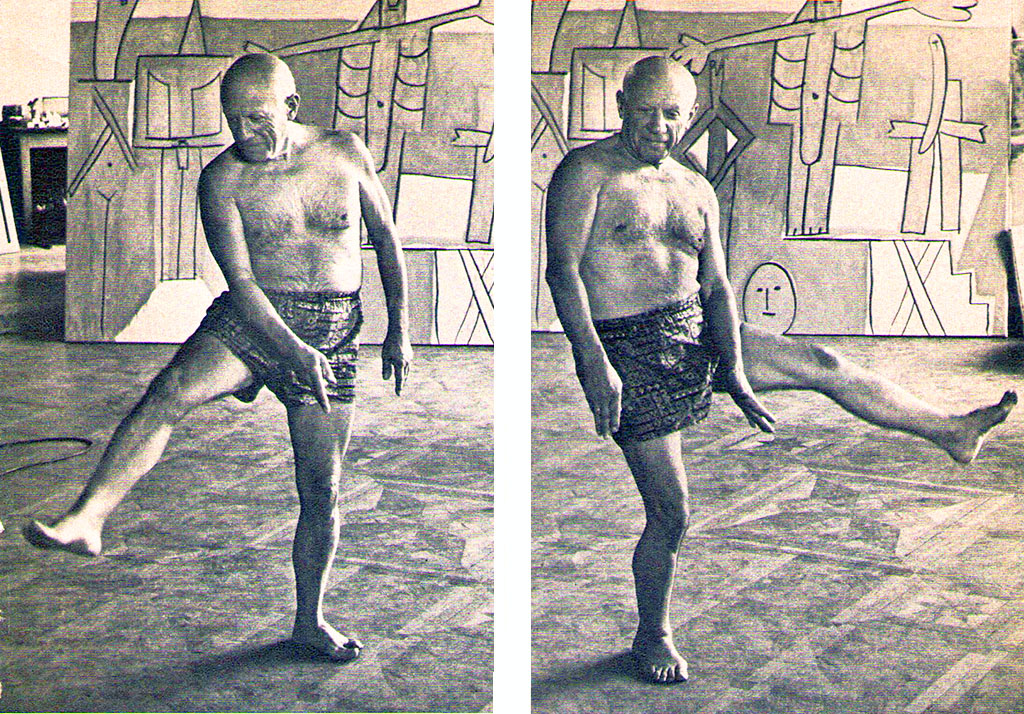“Inch by inch I conquered the inner terrain I was born with. Bit by bit I reclaimed the swamp in which I’d languished. I gave birth to my infinite being, but I had to wrench myself out of me with forceps.”
—Fernando Pessoa from The Book of Disquiet
- ITCHY BANQUET INTERVIEW #1: ANGEL GUNN
IB: Have you seen the movie City Lights? It’s Charlie Chaplin.
AG: I don’t think so, not that one. I have seen others.
IB: Well, the idea is that he’s a tramp, his lovable trickster character. So the tramp gets a poor blind woman to fall in love with him while he’s the tramp. But he makes her think he’s a rich man. Then she can suddenly see—she gets an operation—and she can see what he is. A tramp. So that’s the last line of the movie, “You can see?” It’s really loaded because he knows she won’t be interested in him, once she finds out he’s a tramp.
AG: I think that last line is so sad, that maybe there was some real empathy for that plight in life of someone who is afraid of being revealed for what they really are or for what their real roots are.
IB: Yeah, I read a Charlie Chaplin biography, which is how I got interested in his films. His mother was a whore and—well, you know, I think she was a whore—maybe I shouldn’t say that. That’s a terrible thing to say. Maybe she wasn’t a whore, she was an actress. But she was penniless, I mean, they were penniless, his dad was an actor, his mom was an actor, they were sort of involved in London burlesque, at the turn of the twentieth century. They were penniless. Charlie Chaplin was so poor as a kid, he was eating from the garbage, that kind of poor. Just begging for money on the street. So he really was raised that way. And then he became a big star, a big actor in the burlesque around London, in London theatre, comedy. Maybe it wasn’t burlesque, actually. Maybe it was vaudeville.
AG: There was a thin line between vaudeville and burlesque.
IB: Yeah, I am getting them mixed up. It was vaudeville. They were doing plays, comedy sketches.
AG: Vaudeville was considered theatre, at least by the people who did it, an art, and making a living of doing your art. But soon they found it was burlesque that was paying. And so there was a lot of overlap and that’s why the burlesque acts were funny, because they would have shticks. You know, they might peel themselves open like a banana. And they wore these big outrageous costumes, but really it was just revealing their body parts in the end.
IB: I don’t know why I started off by saying Charlie Chaplin’s mother was a whore, maybe she was just an actress who fell on very hard times and was starving. She went crazy and was taken away to the asylum while Charlie stood there and cried and it’s just crazy, really the most tragic childhood.
AG : I’m thinking maybe they can keep themselves, you know camouflaged or disguised enough to pass for being lovable, but that there is something at their core that you know, if they are ever discovered they won’t be loved any more.
IB: Yeah and then there is the look on his face–the facial expression that he makes at the end of the film. When he kind of looks at her— uh . . . You can see now? (Shit!)
And it’s this brilliantly loaded look; I can’t actually describe it. It’s just of one of those masterpiece moments.
photos of Pablo Picasso by David Douglas Duncan, from the book The Private World of Pablo Picasso, c. 1958.

